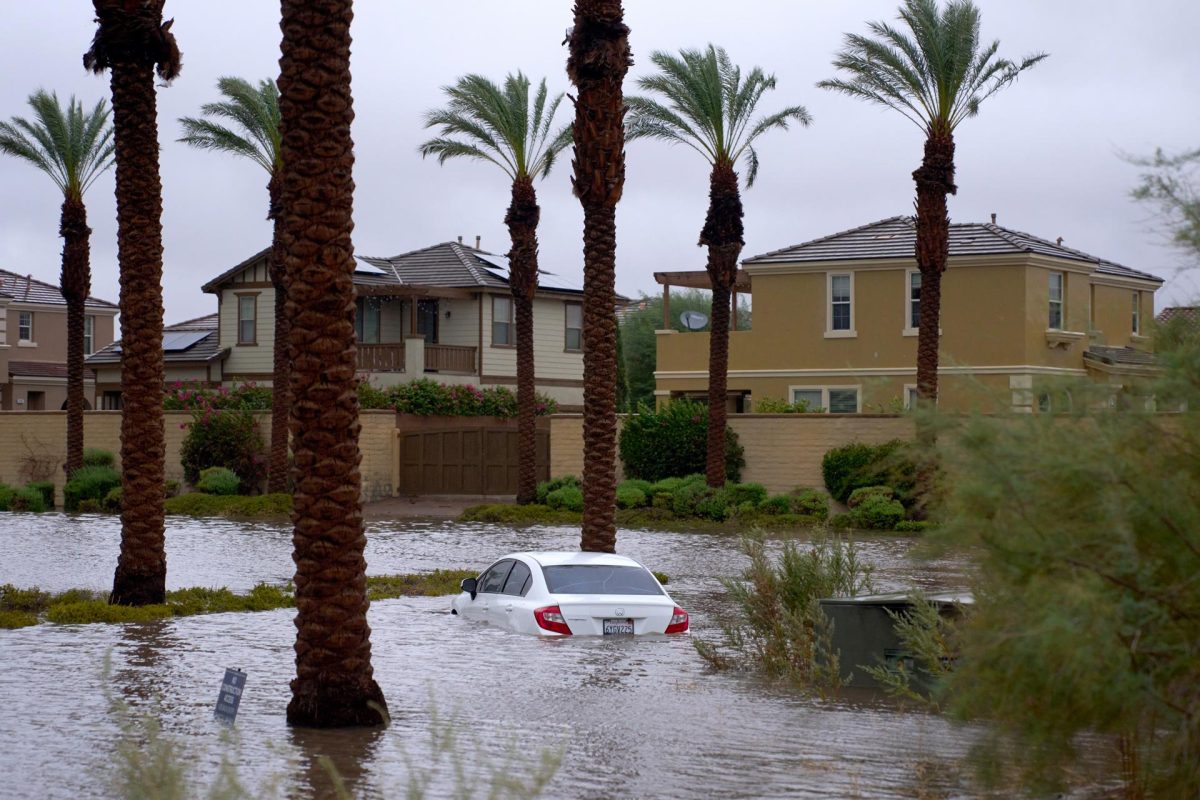New York.- Climate change already costs the United States economy about $150 billion annually (€138.1 billion), according to the latest government report on the impact of the climate crisis in the country, published this Tuesday.
“In 1980, the country experienced, on average, a billion-dollar (inflation-adjusted) (climate) disaster every four months. Now, there is one every three weeks,” can be read in the fifth National Climate Report.
It is the first time that the report, which has been produced at least once every four years since the 1990s, includes a chapter on the economic impact of the climate crisis.
Between 2018 and 2022, there were 89 natural disasters with costs exceeding $1 billion, including four droughts, six floods, 52 severe storms, 18 tropical cyclones, five wildfires and four blizzards.
The most affected states were Florida, Texas, California and North Carolina, according to the report.
“The National Climate Report could not be clearer. Climate change affects all aspects of our lives and for communities of color it is particularly worrying because it increases social and economic inequalities,” Antonieta Cadiz, deputy executive director of Climate Power En Acción, told EFE.
Cadiz is optimistic, however, about the clean energy investment policies that the US Government has approved during Joe Biden’s Presidency, such as the Inflation Reduction Act, which are “expanding the sources of clean energy necessary to confront the climate crisis.”
“Only this type of climate progress will guarantee a livable future for our children,” he says.
New investments
In a statement, the US Government announces this Tuesday new investments worth 6,000 million dollars (about 5,525 million euros) to strengthen the resilience of the country’s cities in the face of environmental disasters.
Among the investments there are programs to reinforce the electrical grid, to combat floods or subsidies for clean energy projects, among others.
The government report comes the same day that the UN climate agency warns that countries are moving too slowly in their fight against the climate crisis to achieve the goal of the Paris Agreement: limiting the rise in global temperature. at 1.5 degrees above pre-industrial levels.
The planet is already at least 1.1 degrees Celsius warmer than it was 150 years ago, but above the 1.5 degree threshold, most scientists estimate that environmental disasters, such as extreme heat waves or floods, will occur. They will return much more intense and common.
The UN believes that it is not yet too late to achieve the goal, and that is why it has urged governments, and especially the richest and most polluting countries, to commit to adopting much more ambitious policies against the burning of fossil fuels. , which is the main cause of global warming.
That will be his main message during COP28, which will be held in Dubai starting November 30.

